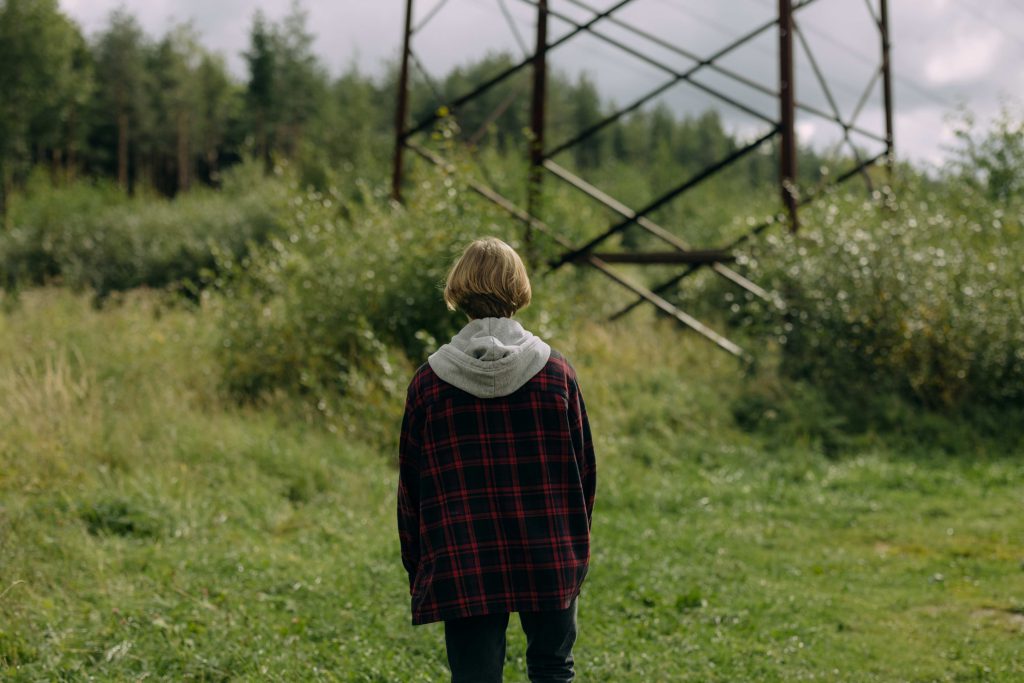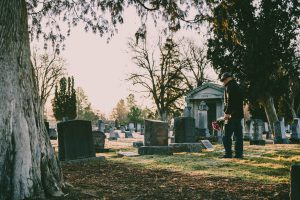
Childhood is a poem by Rainer Maria Rilke that discusses the theme of loneliness. Readers can easily trace the autobiographical elements in the poem. The poet had many strange childhood memories associated with his parents and school.
Rainer Maria Rilke was raised as a catholic but he always questioned the religious misconceptions. According to the writer man is ultimately alone. He believes that loneliness is the best place where one meets God.
The poem begins by stating that he is trying to picture something he lost. From the third line of the poem, it is obvious that he is in search of his lost childhood. He uses the word ‘long’ to describe his childhood which indicates that his childhood was not as sweet and short as many of his friends.
In the second stanza of the poem, the writer narrates the depth of his loneliness. He uses rain as a representation of the sorrowful moments he underwent. He writes it as “We’re still reminded-: sometimes by a rain but we can no longer say what it means”. He indirectly states that there were some other students who had the same experience. He couldn’t find any good memories related to his school days.
In the next stanza, the speaker raises a different concern. He tells that he couldn’t identify himself as a human. He felt that he is one of the many creatures in the world. In this stanza, the readers can understand the profundity of his loneliness.
In the final stanza, he compares himself with shepherds who were excluded from the main streams of society. The poet emphasizes his solitude through these lines, “And became as lonely as a shepherd and as overburdened by vast distances”.
Read more similar poems here
Read the full poem below
Childhood by Rainer Maria Rilke
It would be good to give much thought before
you try to find words for something so lost,
for those long childhood afternoons you knew
that vanished so completely -and why?
We’re still reminded-: sometimes by a rain
but we can no longer say what it means;
life was never again so filled with meeting,
with reunion and with passing on
as back then, when nothing happened to us
except what happens to things and creatures:
we lived their world as something human,
and became filled to the brim with figures.
And became as lonely as a shepherd
and as overburdened by vast distances,
and summoned and stirred as from far away,
and slowly, like a long new thread,
introduced into that picture-sequence
where now having to go on bewilders us.
Check out these deals
<a target=”_blank” href=”https://www.amazon.ca/b?_encoding=UTF8&tag=manubaby7160b-20&linkCode=ur2&linkId=fe2586b082512d4559ad00c8a4090905&camp=15121&creative=330641&node=667823011“>Best gadgets</a>



